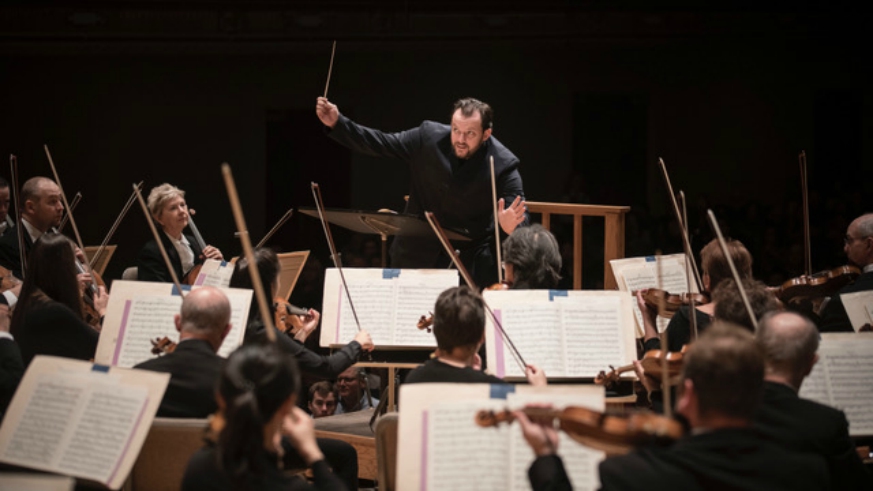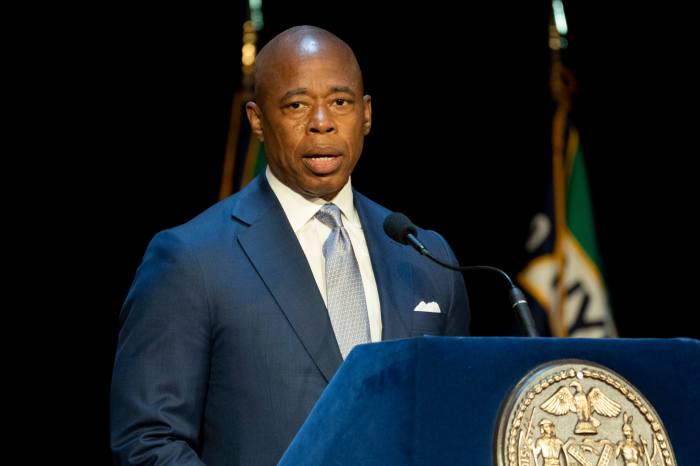It’s the final week of the Boston Symphony Orchestra’s annual summer engagement in the Berkshires, where conductor and music director Andris Nelsons leads the lauded troupe through the final two concerts of the 2017 summer season at Tanglewood.
Then, finally, he can take a vacation with his family before work begins once more in September, preparing for the BSO’s fall through spring season at Symphony Hall.
The program launches with a grand opening concert, Sept. 22, introducing a yearlong celebration of American conductor and composer Leonard Bernstein’s centennial. Nelsons tells Metro he counts Bernstein as a consummate conductor, a profession even he admits is a bit mysterious.
“People look at the conductor and wonder what is he doing? He’s waving his hands; some jump up and down; others are more still,” Nelsons says. “He stands in front of the orchestra, but the conductor doesn’t produce any notes. It is a mystical profession and difficult to explain. The most important part of what I do is communicate.”
He adds, “I communicate with the orchestra and through them I communicate with the audience. Conducting is about communication.”
Nelsons wants an all-inclusive communication and a free concert, Oct. 1, in Franklin Park is an open invitation to all. It’s an effort to debunk ideas that classical music concerts are expensive (there are several discount season passes available for as little as $20), or confounding.
“There are no rules saying how you should listen,” Nelsons urges. “Just close your eyes and open up you fantasy, and think about what it means to you.”
Nelsons is thrilled to have such events as Wagner’s “Tristan and Isolde,” but he won’t single out any concert as a favorite he might be looking forward to.
“It’s like food. You think, ‘What do I feel like eating?’ Same with music,” he says. “Everyday we have different moods. If you feel lonely or question what life means, come to Mahler ‘Symphony No. 1.’ If you are feeling more analytical, choose Stravinskyor come for Shostakovich if you feel on the dark side, but want to have hope.”
Simply, Nelsons feels music is a universal communication.
“Art and music keeps our emotional side alive and helps us stay human and not become too cruel or insensitive,” Nelsons says. “Communicating this is a big mission.”



















